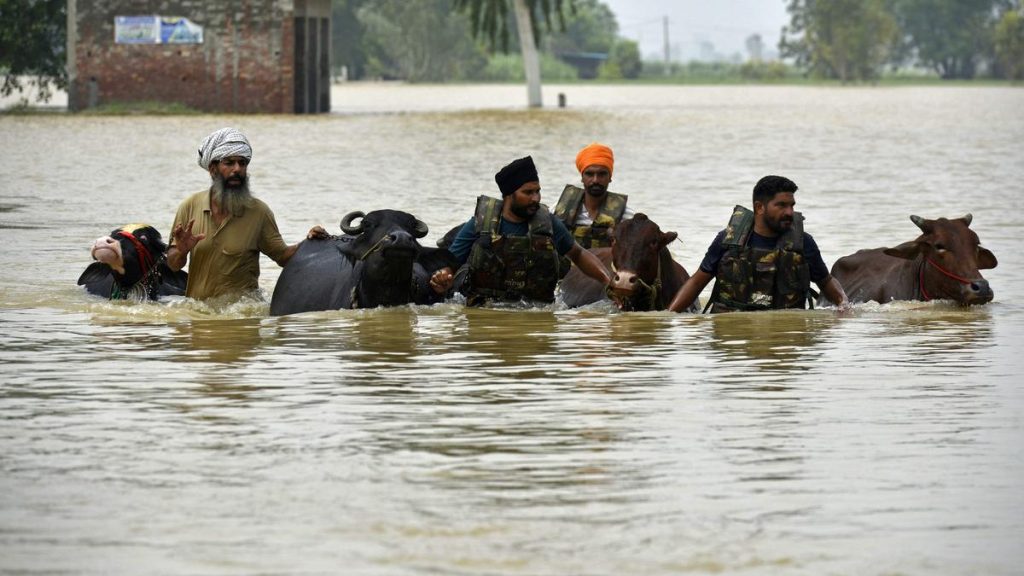Now Reading: Governor Halts Progress on Kerala’s Private University Reform
-
01
Governor Halts Progress on Kerala’s Private University Reform
Governor Halts Progress on Kerala’s Private University Reform

Rapid Summary
- Kerala Governor Rajendra Vishwanath Arlekar has referred the Kerala State Private Universities (Establishment and Regulation) Bill, 2025, to the President for approval, delaying its implementation.
- The move has disrupted the State goverment’s plans to establish private universities by the next academic year; this reform was a major initiative of the Left Democratic Front (LDF) government in its final year of governance.
- The government expressed confusion over objections to the Bill and accused external forces of attempting to weaken Kerala’s higher education sector.
- The legislation was drafted in alignment with University Grants Commission (UGC) regulations after undergoing notable revisions.
– Key provisions include: private universities functioning as unitary institutions with no college affiliations and reserved seats (40%) for Kerala-origin students.
– Adherence to State reservation policies includes mandatory scholarships/fee waivers for SC/ST students alongside social safeguards ensuring openness and inclusivity.
– Democratic rights for students, faculty, and staff were embedded with a two-tier grievance redressal system.
- Officials framed this policy as an effort to stem student migrations from Kerala to other States or abroad while securing equitable access in higher education. Concerns were raised about potential beneficiaries if such initiatives are blocked.
Indian Opinion Analysis
The decision by Governor Arlekar adds uncertainty around a possibly transformative step in Kerala’s higher education system. While procedural checks are essential for democratic governance, referring a carefully revised Bill that aligns with UGC norms could delay reforms aimed at addressing critical issues like student migration and improving accessibility. By creating opportunities within Kerala through stringent social control measures-such as reservations and scholarships-the proposed framework suggests forward-thinking policymaking that seeks equity.
Further scrutiny is required on whether external interests are impacting governance or merely reflecting standard protocol under constitutional discretion when involving central approval processes. The delay also risks political polarization at a time when targeted reforms should ideally focus on consensus-building among stakeholders across India aiming similar quality benchmarks elsewhere,
For further reading: Link.




























